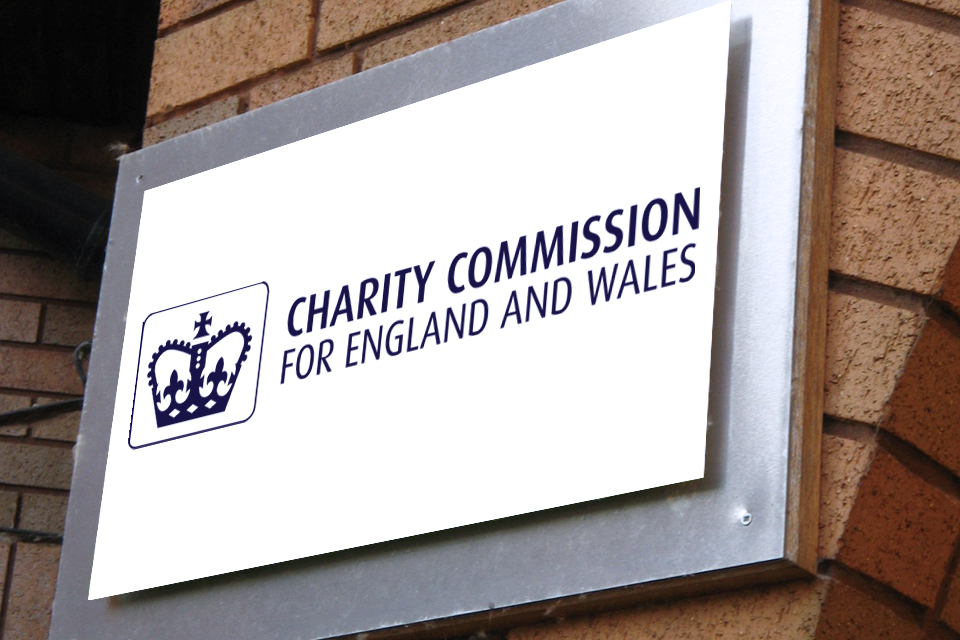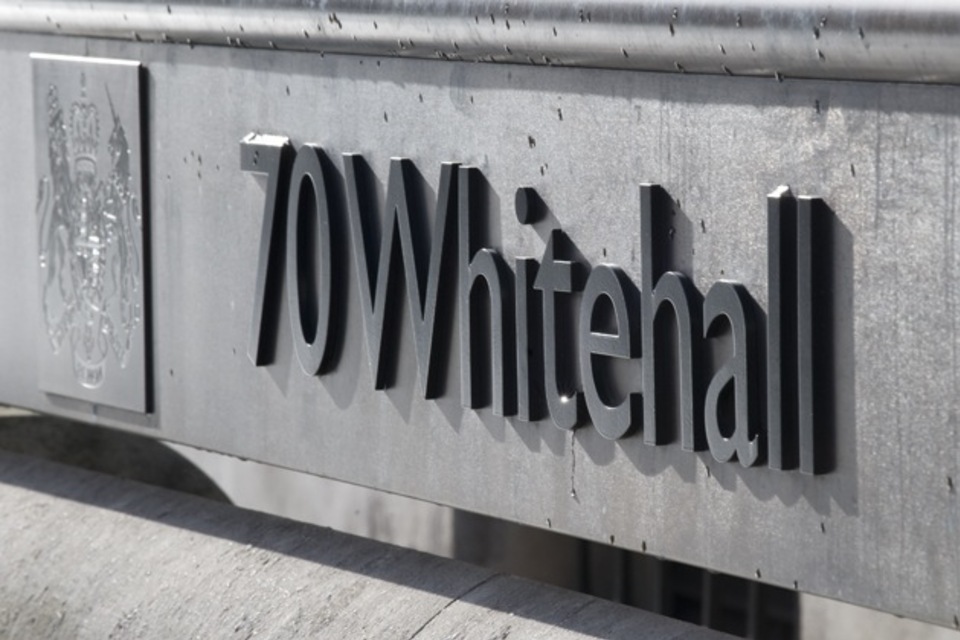Like many people, I remember the night of the Brexit referendum vividly. I was in my constituency of Torfaen: my home, where I grew up and where I have always lived. The majority of people in my constituency, and across the UK, voted to leave the EU.
I believe my constituents – like millions across the country – voted to leave because they wanted a change that would improve their lives. They hoped Brexit would mean better public services, more jobs, less migration, more security.
What they got instead was years of chaos and a botched deal. [Redacted political content].
People deserve better. They want the Government to respect their vote on Brexit – which we do – and they’re also pragmatic. This Government was elected to reset relations with the EU to help boost growth, improve the cost of living crisis and make our borders more secure. People, rightly, demand delivery.
My role as the UK minister for European Union relations is to take expectations and make them a reality.
What does that mean? For this Government, our reset with the EU means the UK being safer, more secure and increasingly prosperous. It does not mean hitting rewind. We are not undoing Brexit. There is no opacity over the outcome of the referendum in 2016. Yet, five years on, we can see some of the negative impacts of the current deal emerging here at home, as well as in Europe.
Trade is a clear example. Despite the EU being our largest trading partner, with trade in 2023 worth over £800 billion, we are trading less. Between 2021 and 2023, exports to the EU were down 27 per cent and imported goods down 32 per cent.
The problems are not just economic. Our borders are less secure. The asylum system has been pushed into crisis, with backlogs reaching record levels and costs hitting £5.4 billion in the last financial year, up over a billion pounds on the year before.
We are not cooperating closely enough with the EU on law enforcement to smash the gangs behind the small boats. To make people safer, we must do all we can to strengthen our collective ability to tackle organised crime and work together on illegal migration.
The Brexit deal did not address issues around security and defence cooperation, more vital than ever after Putin’s illegal invasion of Ukraine. To keep the UK secure, we need to work with allies such as Ukraine and European partners, with NATO as our bedrock. The Prime Minister met with all 27 EU leaders and the secretary-general of NATO for this very reason: to discuss common threats and the value that closer EU-UK co-operation on defence could bring.
To raise living standards, we need to build export and investment opportunities, reducing barriers to trade. This is of mutual benefit: the chancellor and the president of the European Commission are both pressing the need for cooperation to drive innovation, boost growth and reduce consumer costs.
This is not about a choice between our allies. Some people make the false argument that we need to choose either America or Europe. For this Government, the UK’s national interest is paramount and demands we work with both.
We will do so with a ruthless pragmatism, leaving ideologically driven division in the past in search of mutually beneficial areas of interest for both sides, within our red lines of no return to the single market, customs union, or freedom of movement.
The Prime Minister and I will look at issues in a hard-headed way, guided by what works for the people and businesses of the UK. It’s as simple as that.
The UK standing tall on the international stage, delivering for people by working with one of our key partners, matters. This is making Brexit work for my constituency and for the country.






